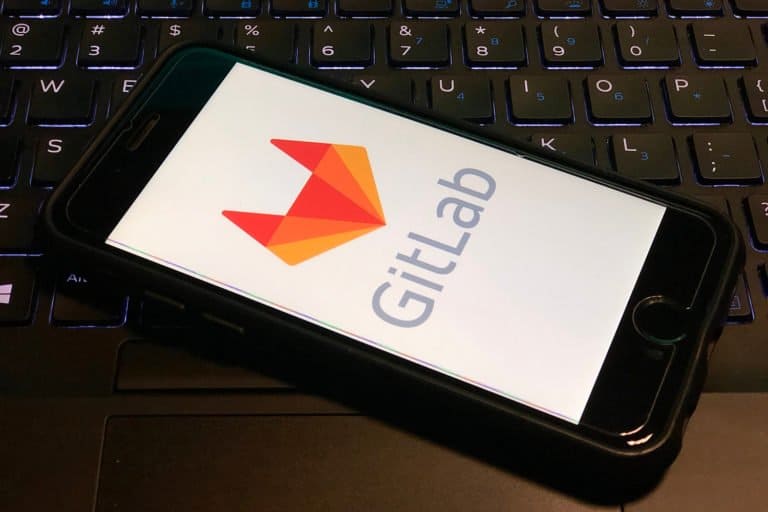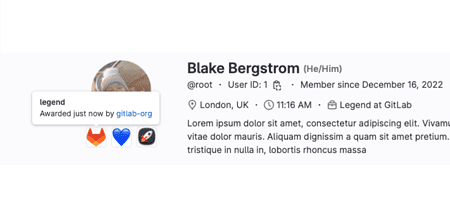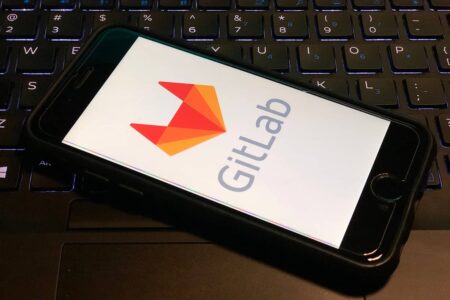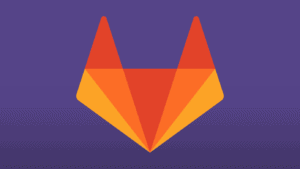Several notable changes are coming to the platform as part of the first update to the 14.x series of Gitlab.
After identifying the bugs and barriers in better usage of Gitlab 14.1, the following additions have been made to the web-based DevOps lifecycle tool to enhance it:
- The ability to publish and share helm charts
- The ability to choose between Premium or Ultimate subscriptions
- GitLab Kubernetes Agent to connect to these clusters
These developments are still in beta, but GitLab promises group-level support soon.
Other issues being addressed
There is now a guided process for ultimate users who had trouble building YAML configurations for Dynamic Application Security Testing.
This update makes an effort to keep the quality of the code high and adds a code coverage merge request approval rule and inline code quality notices in MR diffs.
These changes are made so that the requests decreasing code coverage aren’t a part of the base code while also informing ultimate users about code quality violations and their severity via the changes tab.
Hunter gatherer
This tool has been in use by GitLab since last November. Its job is to check whether a program’s dependency contains any malicious code that might cause problems. In addition, it has been made publicly available for testing on Node.js modules and Ruby Gems.
Furthermore, Ultimate users also have access to compliance report entries that ask that merge requests be associated with a Jira issue in v14.1.
All customers who pay for the service will be able to designate roles or a hierarchy of people who can run through the system if the person in charge is not available to deal with an issue.
Other updates include:
- The option to upload an image directly into the Wiki content editor
- The ability to integrate with Datadog Continuous Integration Visibility
- Group migration with epics
- Additions for integrating VS code into their workflow
Billing changes
On August 1st, 2021, Gitlab will be switching to a quarterly billing cycle instead of an annual one.
The purpose of this was to cater to organizations that might want to add to their subscription pool without having to pay the full annual fee for each new addition. Instead, they will only be charged for the remaining quarters of the year.
Also, from August, all self-managed subscriptions can now be managed from the GitLab customer portal. You can now set it to auto-renewal after your next renewal. Customers who manage operations on their own will also have to share all of their aggregated operational data, which works in tandem with the previously mentioned steps taken in favor of unification of behavior of on-premises and SaaS offers.

















